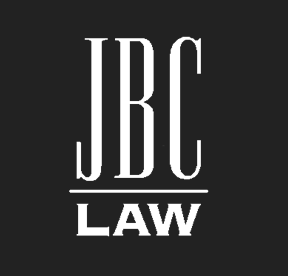A borrower who cannot keep up with his or her mortgage payments faces potential foreclosure which permits the lender to seize the property, evict the homeowner, and sell the home. In some cases, a lender may work with the borrower by refinancing or modifying the loan, or agreeing to a short sale. If the lender is unwilling, however, the homeowner may still be able to stop the foreclosure by filing for bankruptcy. Our experienced attorneys can advise you of all your options.
Bankruptcy Can Prevent Home Foreclosure
When a borrower files for bankruptcy, either Chapter 7 or Chapter 13, the court issues an automatic stay which stops all collection activities and bars the lender from foreclosing on the property.
Chapter 7
While an automatic stay may provide a borrower with time to catch up on mortgage payments, Chapter 7 bankruptcy does not provide for a formal procedure to do so. If you fail to make the overdue payments, the lender can file a motion to lift the stay, and the foreclosure will proceed. Moreover, if there is sufficient equity in the home, the trustee may also move to sell the home to pay off debts that would have been discharged. In other words, it is likely that you still will lose your home.
Chapter 13
Chapter 13 is referred to as a reorganization bankruptcy because it allows you to pay off your debts over time — including a mortgage, though a court-approved program. The late mortgage payments, or arrearage, are consolidated into the repayment plan and paid off within 3 to 5 years.
In the event that the value of the home is less than the amount owed, a Chapter 13 bankruptcy can strip second and third mortgages of their secured status and incorporate them into the repayment plan. In addition, if the amount of the first mortgage is greater than the value of the home, the amount exceeding that value can also be separated from the mortgage and included in the repayment plan.
In order for the repayment plan to be approved, you must have sufficient income to pay the arrearages as well the existing monthly payment. If you fail to continue making the current payments, the lender can move to lift the stay and proceed with the foreclosure.
While filing for bankruptcy may allow you to stay in your home, both a foreclosure and a bankruptcy can have long lasting consequences on your creditworthiness. You should consult with one of our experienced attorneys to determine whether filing for bankruptcy is right for you.
